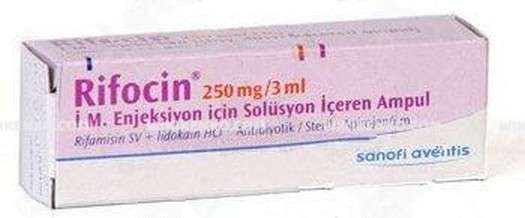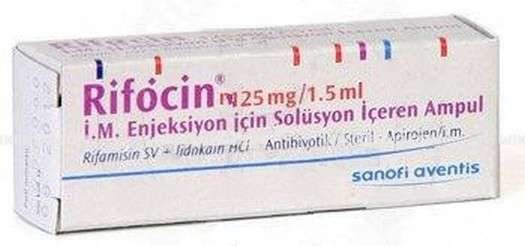|
Getting your Trinity Audio player ready…
|
Many of us are passionate about running, and we often find it hard to resist the call of the open road, even when we’re feeling under the weather. However, is it a wise decision to lace up our running shoes when we have a cold or the flu? In this article, we’ll explore the potential risks and consequences of running with a respiratory infection and why it’s essential to prioritize our health.
The Conflicting Advice
One of the challenges we face when it comes to running with a cold is the conflicting advice from healthcare professionals. You might ask ten different doctors and get ten different opinions. Naturally, we tend to choose the advice that aligns with what we want to hear. If a doctor suggests that light running with a cold is acceptable, we might use it as a green light to hit the pavement. However, it’s crucial to remember that not all doctors agree on this, and some recommend rest.
The Deceptive Fall Season
Autumn can be a tricky and frustrating season for runners. It’s the time when we often experience the first signs of a cold – a scratchy throat, a runny nose, a mild fever, and a headache. At the same time, you might be in good shape, training for a late-season race, and reluctant to let a minor cold disrupt your routine. The temptation to ignore your symptoms and keep running is understandable, but it’s not necessarily the safest choice.
The Myth of “Running Off” a Cold
In the past, many of us subscribed to the idea of “running off” a cold, believing that some physical activity could help alleviate our symptoms. This approach, however, is not always grounded in medical wisdom. Colds and flu break out when our immune system is compromised. The body needs rest and recovery during these times, not additional stress. Running can elevate your heart rate, increase body temperature, and put extra strain on your immune system, potentially making your condition worse.
The Hidden Dangers
One of the most concerning risks associated with running while sick is the potential for heart complications. Tragically, some runners have experienced sudden cardiac events during races or workouts, leading to tragic consequences. In some cases, a common cold or the flu can weaken the immune system, making it easier for heart problems to develop. Running with a respiratory infection can inadvertently exacerbate these risks.

Recognizing the Signs of Myocarditis
Myocarditis, an inflammation of the heart muscle, can be a silent threat. It often presents with vague symptoms like fatigue, loss of appetite, and overall weakness, which are easy to attribute to a simple cold. The danger lies in underestimating these symptoms and continuing to exert yourself physically. Myocarditis can lead to severe complications, including heart failure and sudden death. It’s crucial to recognize the signs and prioritize your health.
The Importance of Rest
If you suspect you have a cold or flu, the best course of action is rest and recovery. Your body needs time to heal, and pushing it through physical exertion is not conducive to the healing process. You’re not only putting your health at risk but also potentially prolonging the duration of your illness.
Recovery Period
In cases of myocarditis or other heart-related issues, the recovery period is significantly extended. In the past, doctors often prescribed complete bed rest for up to three months. While modern practices allow for light activities like walking, strenuous exercise is prohibited. Patients may also need medication such as beta-blockers or ACE inhibitors, which can have side effects.
Conclusion
Running is a fantastic way to stay healthy and active, but when you’re under the weather with a cold or the flu, it’s essential to prioritize your well-being. Ignoring the signs of illness and pushing through with your regular running routine can have severe consequences, including the potential development of heart-related problems. Remember, there’s no shame in taking a break when you’re sick. Your health is paramount, and it’s better to miss a few runs than to put your well-being at risk. Stay active, but also be kind to yourself.










